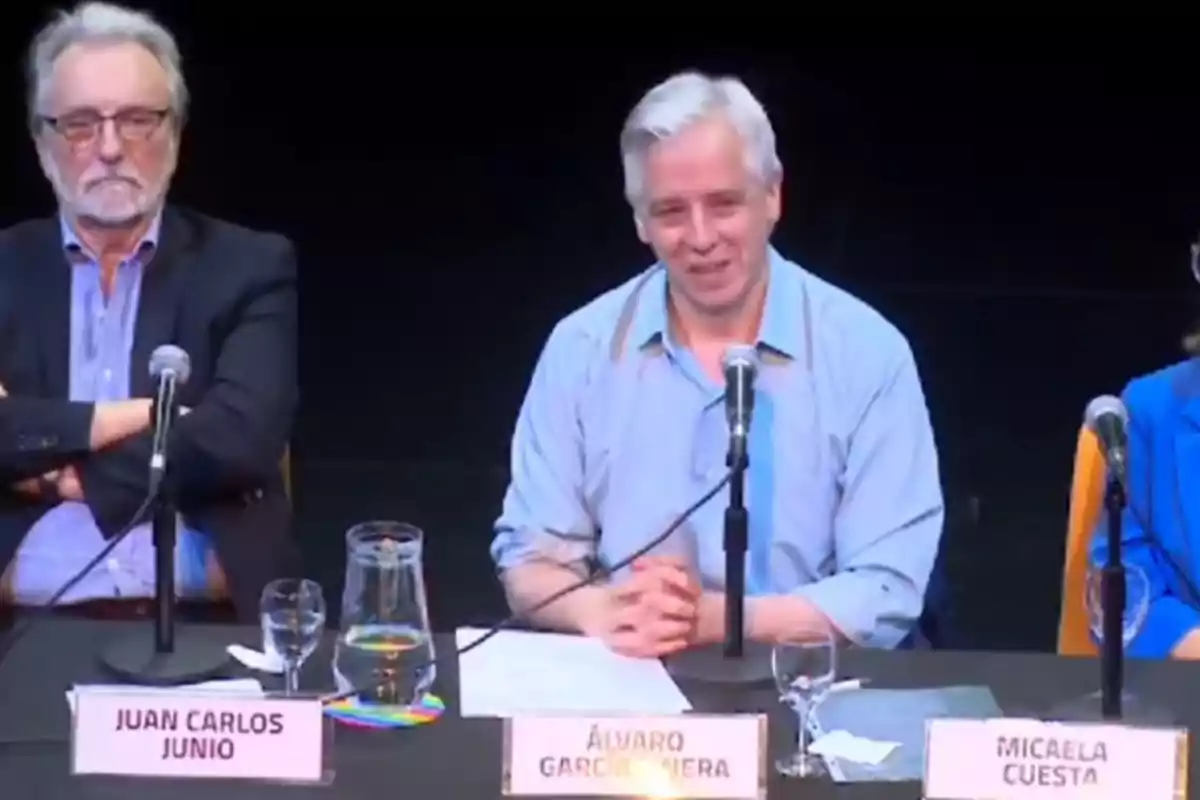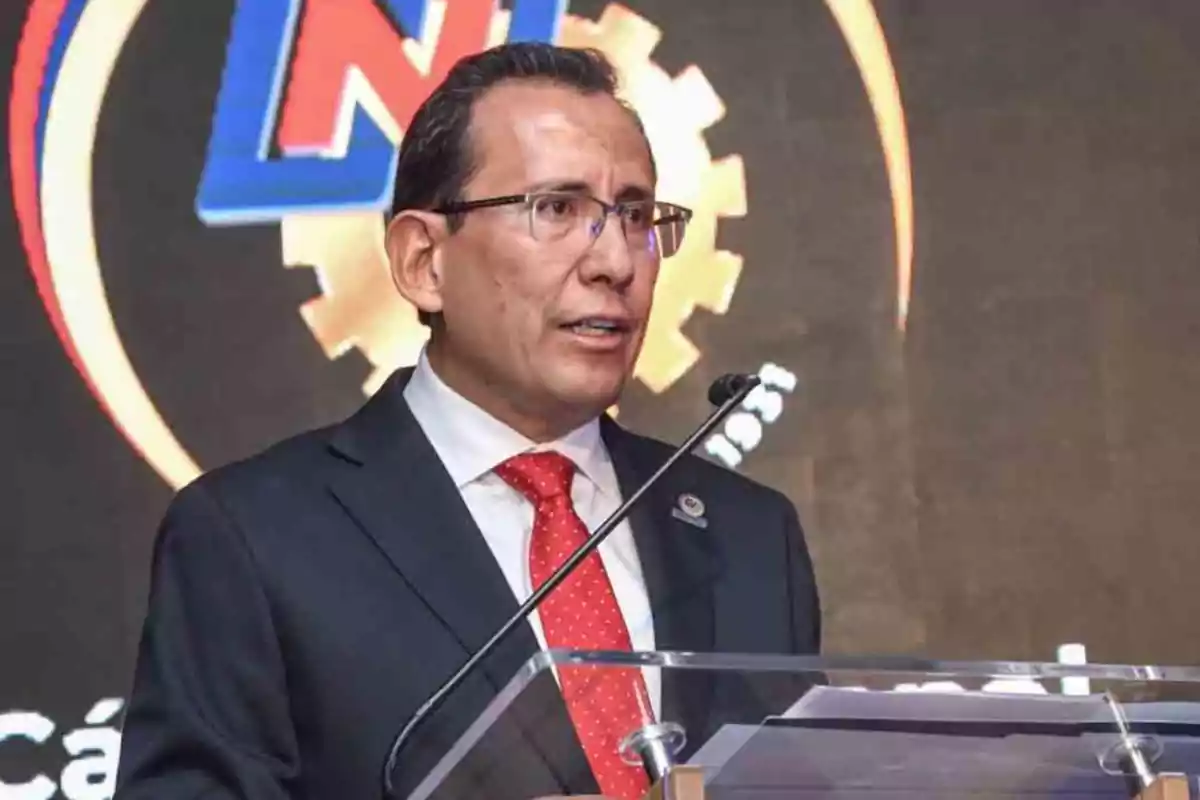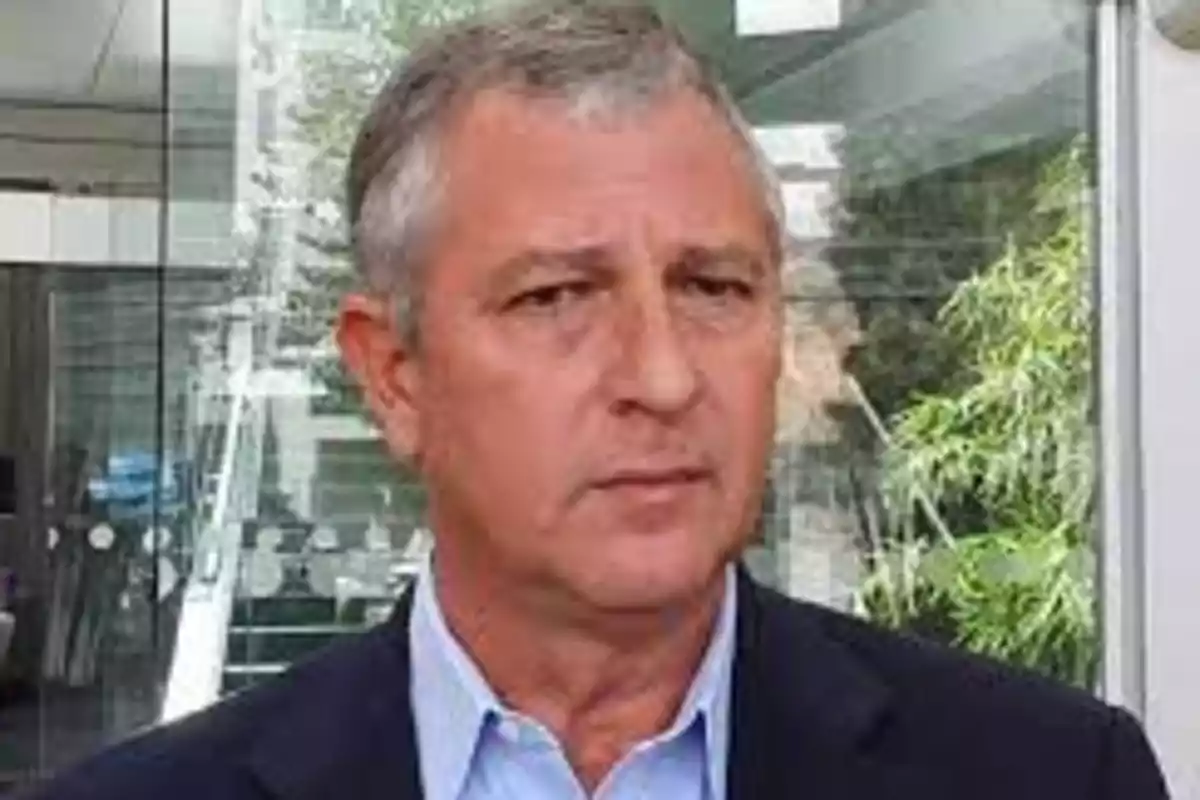
Álvaro García Linera suggested to the government to take over private companies
García Linera's measure seeks to blackmail the private sector into forcing it to hand over its dollars to the masista regime
Former Vice President, Álvaro García Linera, sparked controversy by suggesting that the government should "grab the neck" of businessmen to repatriate their dollars. According to his statements, large export companies concentrate most of the foreign currency and keep it abroad. He proposed forcing them to hand over their money to the state or, failing that, expropriating their businesses.
These statements have caused backlash in the private sector and the opposition. García Linera noted that the state had greater control over the economy in the past. "If there is no other response to the lack of dollars, then we must tighten the exporters," he stated.
He highlighted that in 2006 the government managed 50% of exports. Now, with only 25%, he considers that state regulation has weakened and proposed regaining that control to stabilize the currency.
The former vice president justified his stance with data on exports. He said that 25 companies concentrate 70% of foreign sales. He claimed that these firms retain 90% of their foreign currency abroad and believes that these practices affect the country's economic stability.
García Linera's statements sparked a strong controversy. Various sectors criticized his statements and suggestions. Businessmen and opposition politicians rejected the idea of expropriations, also warning that such measures would harm investment and employment.
The president of the Chamber of Industry, Commerce, Services, and Tourism of Santa Cruz (Cainco), Jean Pierre Antelo, criticized García Linera's stance. "He calls himself an 'academic' and thinks like an authoritarian. We already know his theories disguised as audacity: misery, crisis, and unemployment," he stated.
Other businessmen and economists have also expressed concern about the possibility of the government adopting coercive measures against private companies, affecting investment and economic stability.
Is the only measure of masismo to appropriate others' resources?

Meanwhile, former President Jeanine Áñez reacted harshly. She claimed that García Linera is responsible for implementing policies that led to economic stagnation and accused him of having participated in acts of corruption.
"The thief believes everyone is of his condition," she wrote on her social media. She also recalled that the nationalization of companies during her government resulted in international lawsuits that the country had to pay with millions of dollars.
Branko Marinkovic also spoke on the matter. He considered García Linera a threat to the economy and questioned his evidently authoritarian statements. He claimed that his communist vision will only bring more crisis.
"He is a disastrous person for the Bolivian economy, always threatening private entrepreneurs," stated the former civic leader from Santa Cruz. He denounced that there is no real free market in Bolivia and that state policies discourage investment and production.
There were also reactions from the industrial sector. Pablo Camacho, president of the National Chamber of Industries (CNI), warned about the impact of these ideas and said they have already caused damage. He mentioned the gas crisis and the decline of YPFB as examples.

The regime, meanwhile, defended the need to regulate the economy. It claimed to seek solutions to avoid an adjustment to public spending. However, it did not directly comment on the proposal for expropriations.
Entrepreneurs insist that the solution lies in generating trust. They demand legal security and favorable conditions for investment. They warn that extreme measures will only generate uncertainty because the economy needs stability and clear rules.
Economic analysts also gave their opinion. Some believe the problem is state spending. They claim the solution involves reducing the fiscal deficit, while others believe a more flexible exchange rate policy is needed.
The international context also greatly influences the crisis. The drop in export revenues caused by the socialist model affects the availability of dollars. The lack of investments complicates the situation, and the country faces a complex economic challenge.
García Linera, however, shamelessly defended his stance and argued that the state must take a more active role in economic regulation. "We can't leave the economy in the hands of the market," he stated.
He also explained that in times of crisis, the government must make drastic decisions to protect the majority of the population. According to his collectivist vision, traditional economic adjustment only favors large entrepreneurs and harms the working population.
García Linera's statements reflect a disastrous political vision. The population accuses him of wanting to strengthen an obsolete model that has caused the country's crisis. Solutions to the crisis must consider the impact of twenty years of masismo in the government.
More posts: